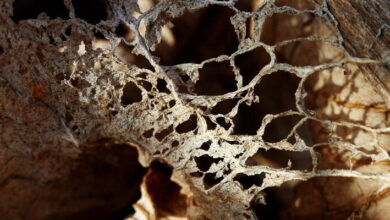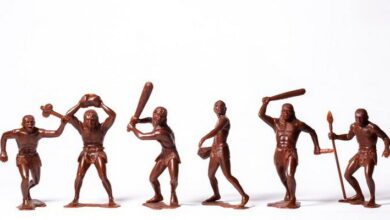Stratigraphy MCQs with Answers

Welcome to the Stratigraphy MCQs with Answers. In this post, we are sharing Stratigraphy Online Test in Biology branch for different competitive exams. Find practice questions with answers of the Stratigraphy test multiple choice questions with answers here. Each question offers a chance to enhance your knowledge regarding Stratigraphy.
| Stratigraphy is the branch of geology that observes rock layers with regard to their mode of formation, composition, and chronology. The subject provides a basis to understand the geological history of Earth. It usually analyzes the sequence, thickness, and characteristics of the deposited sedimentary, igneous, and metamorphic strata. Stratigraphers study deposited layers because they often reflect chronological ordering; they infer past environments, conditions regarding the climate, and the tectonic activity that may have occurred. This “law of superposition” means that within a sequence of rock which has not been disturbed, the older layers lie at the bottom and the newer on top. Stratigraphy also involves the process of looking for fossils within these layers, which in turn also helps in the dating besides correlating geological events from different regions. Stratigraphy is essential in interpreting the history of Earth because it indicates when all the significant events, including mass extinctions and continental shifts, occurred. Further application occurs in fields like paleontology, archaeology, and petroleum geology because of the assistance it provides in finding fossil fuels as well as understanding ancient life and civilizations. |
Stratigraphy MCQs with Answers Quiz
By presenting 3 options to choose from, Stratigraphy Quiz which cover a wide range of topics and levels of difficulty, making them adaptable to various learning objectives and preferences. Whether you’re a student looking to reinforce your understanding, our Biology Online Quiz platform has something for you.
- Test Name: Stratigraphy Online Test
- Type: MCQ’s
- Total Questions: 60
- Total Marks: 60
- Time: 60 minutes
Note: Questions will be shuffled each time you start the test. Any question you have not answered will be marked incorrect. Once you are finished, click the View Results button.
Download Stratigraphy Multiple Choice Questions with Answers PDF
You can also download Stratigraphy Multiple Choice Questions with Answers from the link provided below. To Download file in PDF click on the arrow sign at the top right corner.
If you are interested to enhance your knowledge regarding English, Physics, Chemistry, Computer, and Biology please Click Here.




